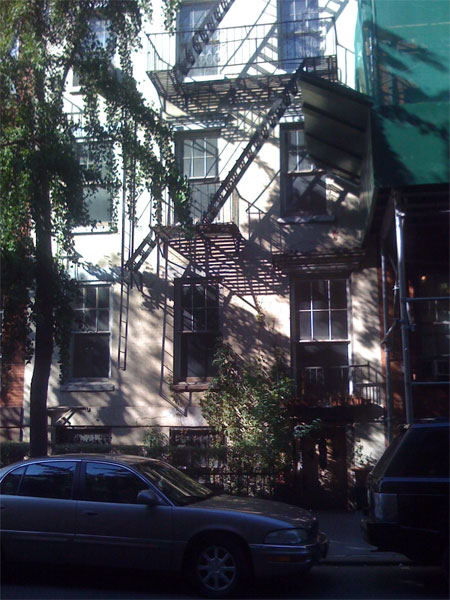“We have become inured to hearing the echoes of a theory popularized by Walter Benjamin, in respect of which the work of art loses its ‘aura’ in an age of ‘mechanical’ (or, more prescisely, ‘technical’) reproduction. It is worth remembering that Benjamin himself was thinking primarily of media, such as photography and film, where no ‘original’ exists, for hardly would amateur artists have crossed Benjamin’s mind. In the case of Fabiola, we have a prime example of a lost original, complemented by a vast array of heterogeneous reproductions. Instead of lamenting the loss of aura, we can use this particular example to emphasize the essential productivity of the process of reproduction. These multifarious Fabiolas may not, in the last resort, be recuperated by art history, but in testifying to the resilience of a historically grounded image they also enhance our awareness of the dynamics of contemporary visual culture.”
(Stephen Bann, “Beyond Fabiola: Henner in and out of his nineteenth-century context,” p. 40 in Francis Alÿs’s Fabiola: An Investigation.)
